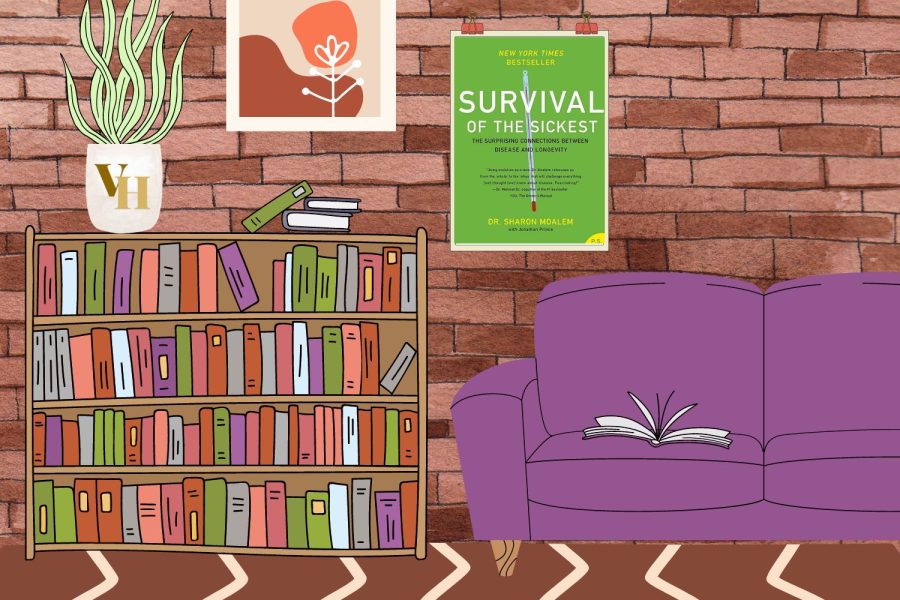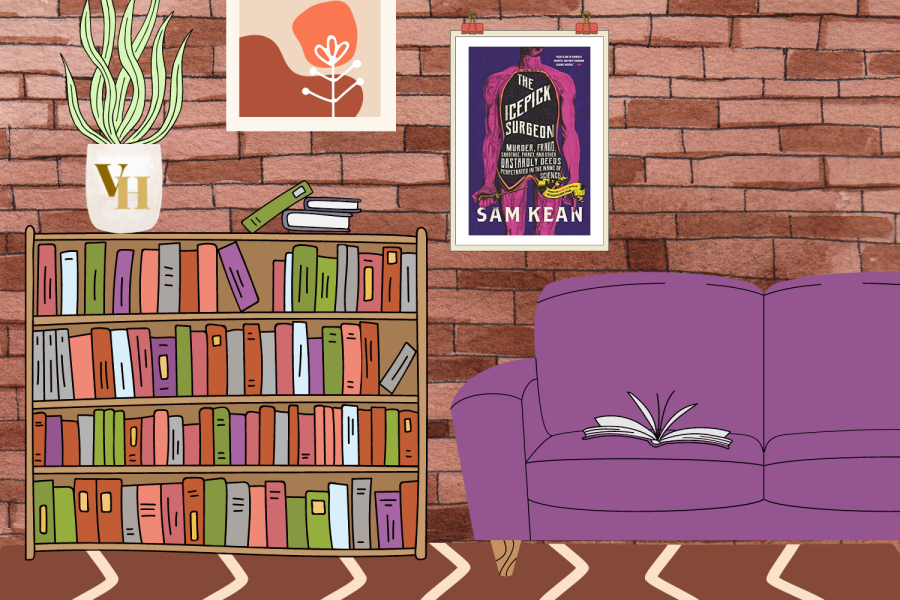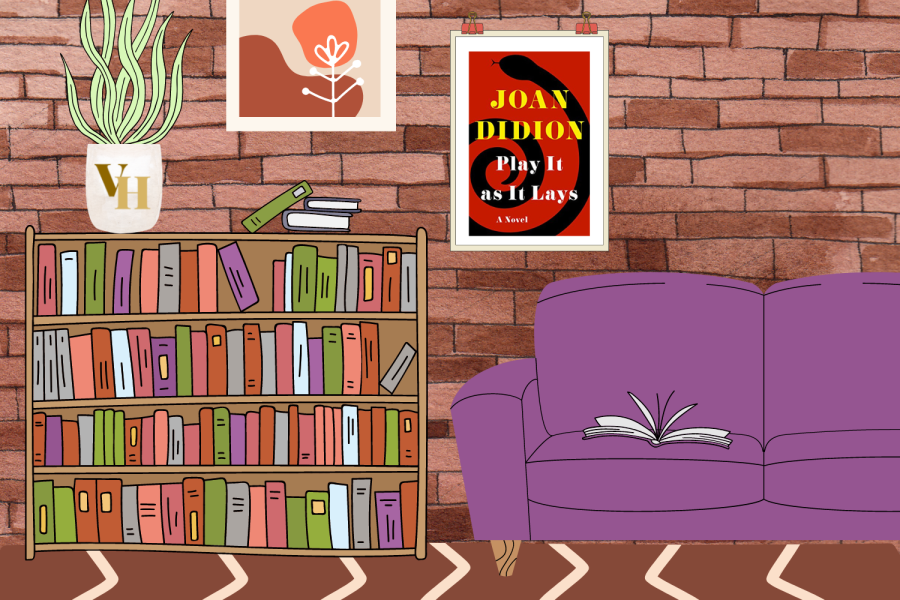Would you believe me if I told you that the wood frog intentionally freezes solid — completely unconscious, hardly discernible from a small rock — during the winter months and then thaws itself back out once the temperature begins to rise again in the spring? What if I said that one species of lizard can be born with one of two phenotypes — long tail and large body or short tail and small body — depending solely on whether its mother smelled predatory snakes in the environment while pregnant? Now what if a renowned medical doctor who also holds a doctorate in neurogenetics published a book confirming these astounding facts and many more? Dr. Sharon Moalem did just that in his New York Times bestselling novel “Survival of the Sickest: The Surprising Connections Between Disease and Longevity,” masterfully connecting shocking adaptations in animals to related behaviors in humans — showing that diseases once had a method to their madness.
I first read “Survival of the Sickest” as a high school freshman, reread it as a high school junior and read it for a third time last week, fresh out of my first year of college. Each time, I was amazed by the intricacy and complexity of human, animal and vegetative life. The novel was originally recommended to my class by my honors biology teacher in high school during a discussion of Mendelian genetics. When I approached him after class to learn more, he offered to lend me his copy until I could acquire one of my own. Not only did “Survival of the Sickest” give me a greater understanding of the diseases that ravage our communities, but it was also an avenue by which I could appreciate how concepts I learned in my college science classes were applied to human physiology and medicine. For example, in my general chemistry class this semester we learned that adding a nonvolatile solute lowers the freezing point of water, which comes into play when Moalem discusses the effects of diabetes on surviving frigid temperatures. Through “Survival of the Sickest,” I was able to learn the biological mechanisms that resulted in the budding field of epigenetics, connecting this knowledge with what I learned about the social repercussions of epigenetic practices in my first-year writing seminar.
I initially worried that the biological jargon might be too advanced for my primitive level of knowledge in the field, but I soon learned that my worries were needless. One of my favorite things about the book is that Moalem manages to explain some of the most groundbreaking medical discoveries in language that even a 14-year-old can understand while still being able to capture the interest of older audiences. Despite his simple language, Moalem’s book contains great depth — he explains every biological mechanism using layman’s analogies, comparing a parasitic wasp to Shakespeare’s devious Lady Macbeth and DNA methylation of genes to Crayola’s Magic Markers.
Delving into everything from diabetes to favism, Moalem holds a magnifying glass over eras in our geological and evolutionary history and turns upside down all the perceptions we hold about diseases and their life-threatening powers. Each chapter — called by a witty title like “Ironing It Out” for a chapter about iron surpluses and “Hey, Bud, Can You Do Me a Fava?” for a chapter about fava beans — draws on the experiences of real people and the results of academic studies to explain how our previous ideas of disease may be flawed. For instance, in chapter one we learn that hemochromatosis (a disease that causes the body to absorb too much iron from food) actually helped many Europeans survive the bubonic plague in the 1300s. Although the disease causes most body cells to contain too much iron, it deprives one type of immune cell — macrophages — of their normal levels of iron. As it turns out, macrophages are the very cells that the plague targets. Since iron helps bacteria to thrive in the body, people with hemochromatosis were able to fend off the plague when it threatened to invade their macrophages.
Diabetes may also have been evolutionarily advantageous for our ancestors during the Younger Dryas, an ice age that took place approximately 12,000 years ago. Both Type 1 and Type 2 diabetes are caused not only by environmental influences but also by a genetic predisposition to develop those diseases. Moalem suggests that this genetic predisposition toward higher levels of sugar in the body stems from a need to keep the water in the body from freezing during periods of intense cold. The more solute you add to a water solution, the harder it is for that solution to freeze. If the water in our body froze into ice, it would pose numerous health problems because the ice crystals threaten to puncture the membranes of our cells as well as the walls of our blood vessels. Thus, Moalem concludes, those with diabetic predispositions had a leg up when it came to surviving an ice age because they could more readily avoid frostbite. When coupled with the modern Western diet, which itself is full of sugar, the diabetic predisposition proves to be a dangerous trait, which is why we now know diabetes as only a potentially fatal condition and not an evolutionary advantage.
Hemochromatosis and diabetes are only two of the many diseases Moalem explores in “Survival of the Sickest.” Even though knowing the evolutionary benefits of certain diseases doesn’t make them any less tragic or painful for their sufferers, this knowledge can provide a useful avenue for developing new treatments for these diseases. Moalem’s accessible yet intelligent analysis of how diseases have driven us to evolve challenges us to question everything we thought we knew about the conditions that plague the human race.




















